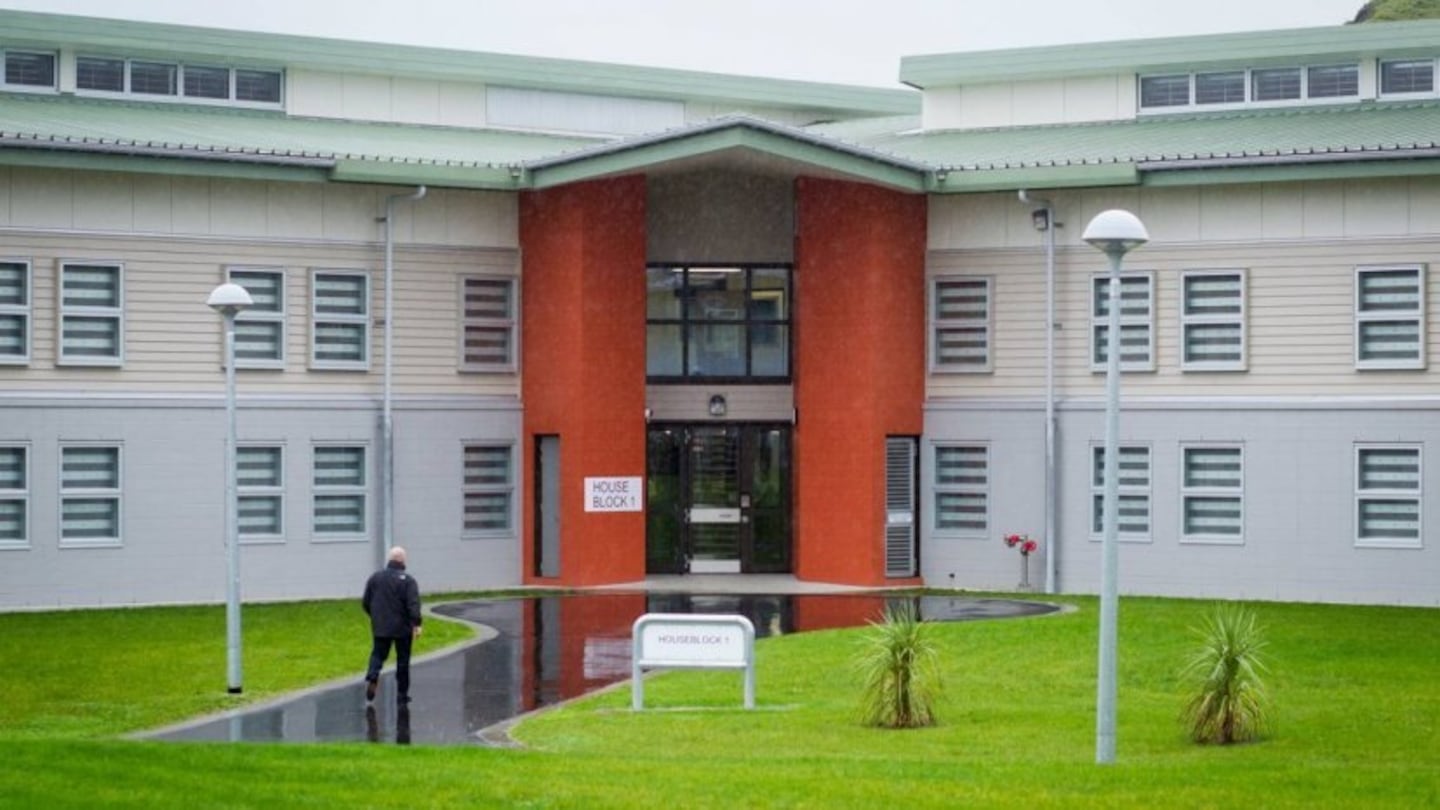"A blood bath from hell’ is how Robert describes the scene after a fellow inmate discovered a prisoner had bludgeoned himself to death with a knife, in the kitchen of one of the prison’s residential units last September.
"The man [who first found the tūpāpaku] isn’t coping and he’s been given no grief support," his wife Maree says, adding "Now there's been a second suicide just yesterday,".
Robert is one of several inmates and their families that say Serco, the company that built and maintains the facility has mismanaged lockdowns, the Covid-crisis and mental health within the prison.
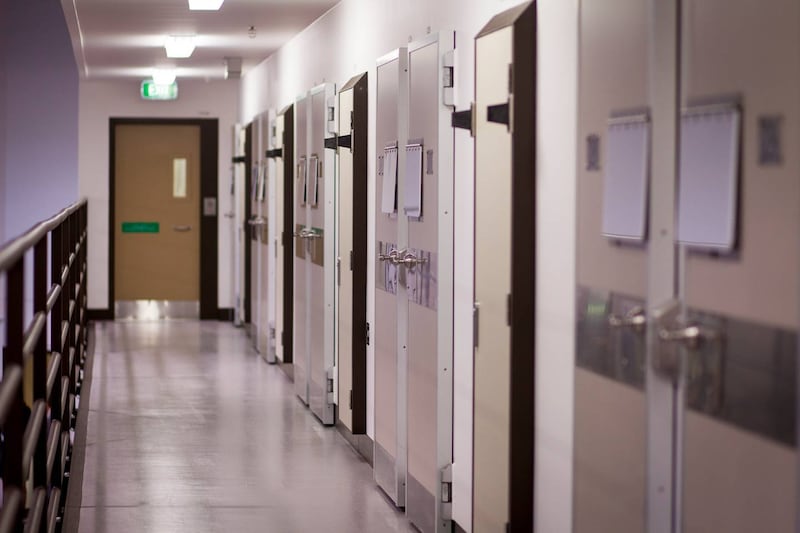
Auckland South Corrections Facility houses up to 960 sentenced male prisoners, with security classifications ranging from minimum to high. Photo NZME / Dean Purcell
Despite knowing there is a chance he will be identified and face repercussions Maree's partner asked her to speak out because he's worried things are at breaking point; most recently some 600 inmates were locked in cells as part of a covid outbreak that infected some 150 prisoners and staff,
In addition, no whānau or friends have been allowed to visit for over six months.
“Some men aren't coping. There have been no visits since August, 2021, because of Covid. We feel for the younger men, with young children. They find it really hard,” she says.
Robert and other prisoners allege the prison tried to cover up the Covid-19 outbreak, refusing to explain why they were going into lockdown, they say officers hadn’t been wearing adequate PPE and argue once Covid began to spread in one unit of 200 prisoners, management used it as an excuse to lockdown the entire facility, as more than 20 staff had to isolate.
“It was an officer, actually a few of them, who brought Omicron into Wiri. They tried their hardest to keep it hush hush”
“Even the men from Residence were put in lockdown 23hrs at a time. Some days they didn't get to go outside at all.” says Maree.
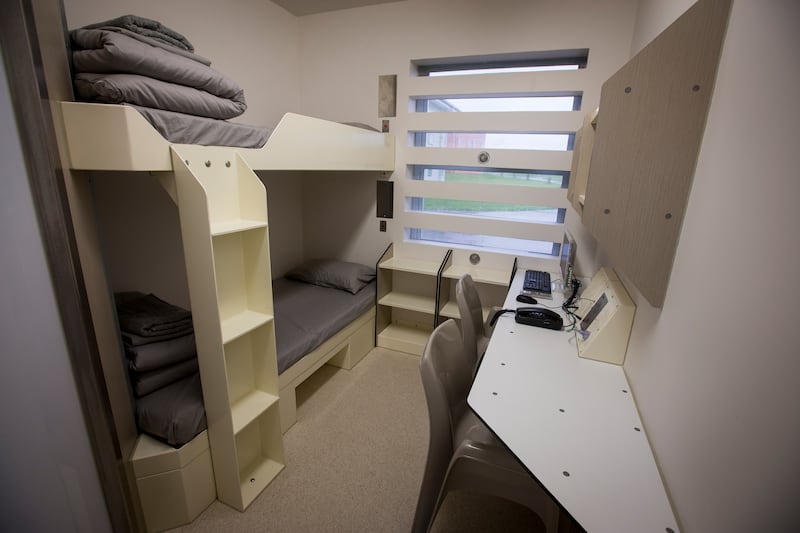
A cell at Kohuora, the Auckland South Corrections Facility where some 600 prisoners are locked down with Covid-19, or awaiting Covid-19 test results / NZME
Unjustified lockdowns are not a new accusation for Wiri. A damning 2019 report from the ombudsman criticised it for 'locking prisoners in their cells' for extended periods, due to staffing issues,
The prisoners allege PCR tests were used as an excuse to lock down the jail, as the prison had to wait for results from the Ministry of Health, which was experiencing major delays.
“Everyone was given a PCR test, nobody got an [instant] RAT test. That meant they could lock us up for weeks,” Robert said.
A month into the ban on whānau and friends saw the first suicide at Kohuora, a Chinese man in the residential facilities. Robert says, "he wasn’t doing okay.
it was so sad."
Tuesday’s incident involving the man in his 50s was apparently related to management accusing him of attempting to import contraband. "This wasn't the case at all and the night prior he was telling the other men in his house how he was accused of this.
"He was pretty upset and was worried he’d be moved."
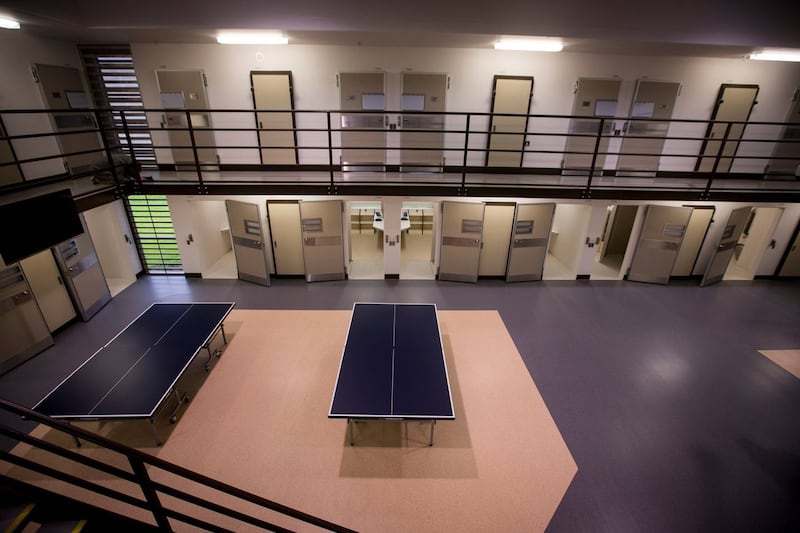
In 2019, Ombudsman Peter Boshier said he was concerned by Kohuora's practice of locking prisoners in their cells for extended periods. Photo NZME / Dean Purcell
That's a concern for people with Covid too. "They don't want to voice their concerns of sickness etc, because they are worried they will be sent to the block to isolate," Maree says.
There's a perceived lack of medical care in the facility. Prisoners say while Wiri is a well-equipped prison where they 'have TVs and phones' in their rooms, they say access to medical support "pretty much doesn't exist... You have to wait up to a month to see a doctor," Robert says.
An example the prisoners gave was the case of an inmate being bitten by a white-tail spider. "He went for three weeks with no medical… he ended up in Middlemore being treated for gangrene … he could have lost his leg," according to Robert.
Maree says during visits they could see the inmate's leg swelling up. Robert and another inmate created a make-shift crutch for him.
‘The officers do now wear full PPE "But how can we expect them to deal with this outbreak? Their staff turnover, everything is so high," Maree says.
No prisoners have yet required hospitalisation for Covid-19 according to Serco; they're currently being treated with Panadol and Nurofen and are "in good spirits".
But Maree’s concerns have been echoed by Te Rōpū Whakakaupapa Urutā, the Māori pandemic group that advises the government on the Māori Covid response.
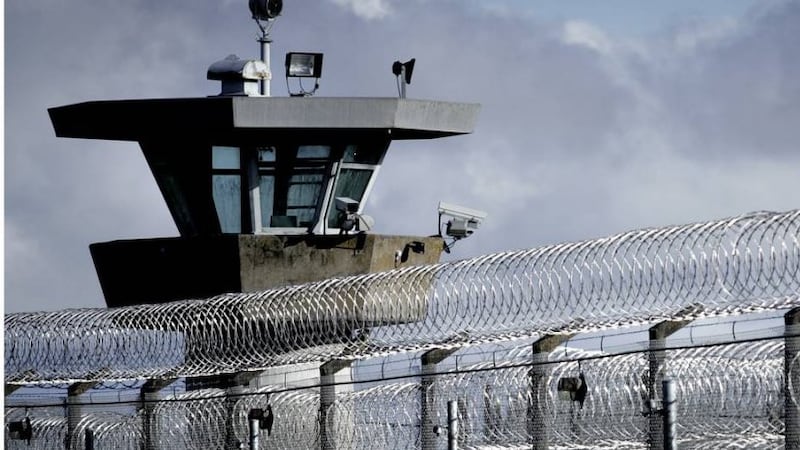
A watchtower at one of Aotearoa's 18 correctional facilities; Te Rōpū Whakakaupapa Urutā (the Māori Pandemic group) iscalling for prisoners to be released early amid the covid-19 outbreak. / NZME
That group's chair, Dr Rawiri Jansen, says Corrections has failed prisoners with its vaccination rollout at just over 70 per cent and the department must "urgently consider de-carceration", or early release for prisoners as part of a public health response to Covid-19.
“Prisons and other sites of detention are places where viruses can spread rapidly, and especially so with one as infectious as Omicron,” Dr Jansen says.
“In places like the US and Brazil, incarcerated people have died at much higher rates.”
“This should be a time when we are reducing the number of people going into prison and looking at early release for those already in places of detention,” Jansen said.
One inmate Whakaata Māori spoke to said far from Serco taking Covid seriously, in the days before the outbreak, officers were actually joking about the virus spreading within the facility.
"This young guy was joking around, he would fake sneeze on our food before handing it over.
"He ended up isolating too, I’m pretty sure."
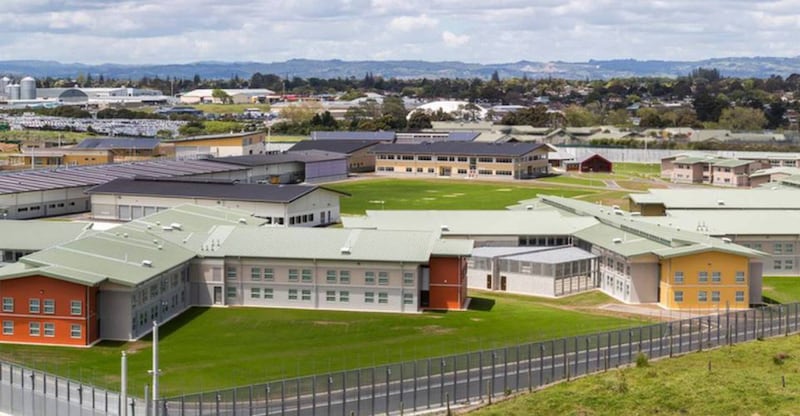
The inmate who is serving seven years says he knows prison "isn’t supposed to be easy but that "it is about rehabilitating us". ‘If people are dying or losing their heads, what's the point? Things aren’t working are they?’
Maree agrees with that. She says Robert has served some of his time in other facilities run by Corrections, and accessibility to exercise and medical aren't the issues that they are at Wiri. She argues Corrections Minister Kelvin Davis should intervene at the facility.
"Seriously, Serco needs to lose the contract," she says.
Officer speaks out
After our original story was published, Whakaata Māori was contacted by an officer who supported claims of short-staffing and mental health issues.
The officer alleged "they kind of use any excuse they want" to lockdown inmates but agreed "it’s not a long term option, because for the longer they [prisoners] are locked up, the more irate they get."
Serco responds
Serco responded to Māori Television’s request for comment and confirmed a 54-year-old man died at the facility on Tuesday.
“Ambulance and Police were immediately notified and attended the prison” and “next of kin have been informed, and our thoughts are with the man’s family and friends,” it said.
Counselling and other support have been made available to both prisoners and staff according to the statement; the representative also confirmed nine deaths in custody since the facility opened in 2015.
Serco says it has "no record which corresponds with your allegation that a prisoner presented with a whitetail spider bite and ended up in Middlemore Hospital with gangrene."
"Kohuora has a wide range of health services available to prisoners and waiting times are reasonable. We respond to prisoner health requests promptly and our health staff interact positively and professionally with prisoners," the statement said.
Prisoners had been locked down to prevent the spread of Covid, not because of staffing issues.
“While some staff have been unable to come to work because they have tested positive or are a household contact of a person with Covid, security has not been compromised by this.”
Serco says prisoners are aware of their rights and they can and do make complaints to staff about poor practices.
“Serco’s management of Kohuora is rightly under scrutiny from many organisations, including SecureFuture, the Department of Corrections, the Inspectorate of Corrections, the Ombudsman, the Privacy Commissioner and the Health and Disability Commissioner. We understand what is expected of us and our staff come to work every day to do the best they can for the men in our care,” it said.


